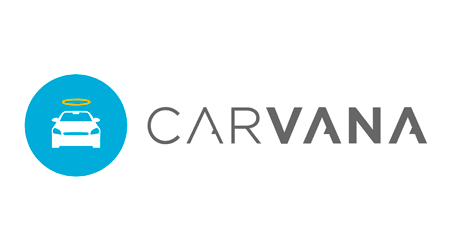Top cars under $20,000
While $20,000 won’t snag you a new Benz, it can get you a pretty nice car — new or used. Here are some of the top cars in your price range currently on the market:
New cars
- 2019 Honda Civic
- 2018 Mazda 3
- 2018 Ford Focus
- 2019 Hyundai Elantra
- 2019 Kia Forte
Used cars
- 2015 Audi A3
- 2017 Jeep Compass Sport
- 2016 Ford Escape
- 2014 Volkswagen Jetta
- 2016 Subaru Crosstrek
*Prices as of November 2018.
